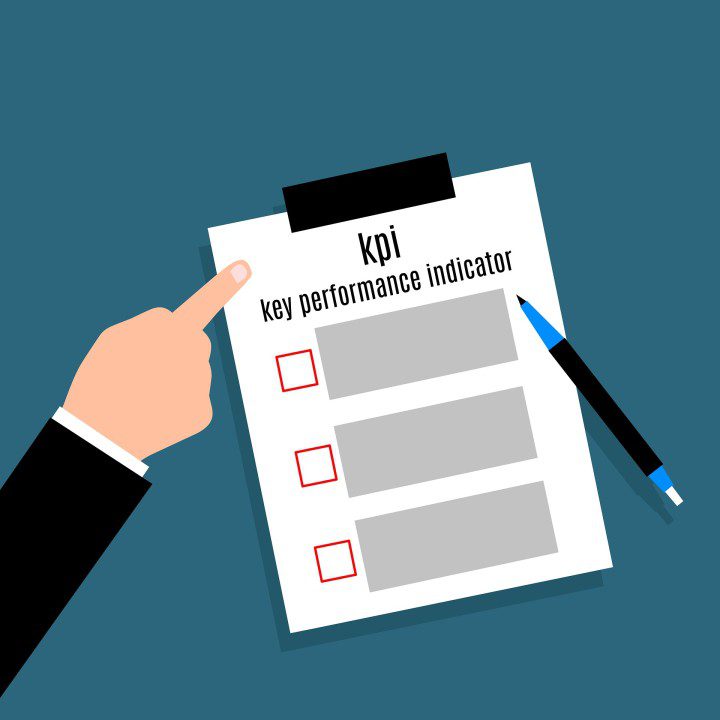If you would like to join me in sharing ideas and insights similar to the ones in this article give me a follow on LinkedIn and let me know your thoughts.
Do you ever wonder how your interviewing skills compare to others? Are you presenting the most attractive aspects of your open roles and your business? Are you screening effectively to make the most of your time and the candidates’?
As the founder and CEO of an executive and highly technical headhunting firm, AdAstra Talent Advisors, I have interviewed over 6000 candidates who often give insights into interviews that have gone terribly, and I’ve consulted with hiring managers on best practices for interviewing. Here are some guidelines that I have learned to be most effective over the years.
Biggest Mistakes Interviewers Make:
1) Asking Questions That Don’t Reveal Useful Information About the Role
This mistake is listed first because it might be the most common mistake. Finding great talent is hard, and screening out subpar talent is arguably harder. Interviewers want to find ways to feel confident that they have the right person, so they sometimes try to come up with “hard” questions. Google made this type of question famous, like “if you were a tree, what tree would you be?” or “How much should you charge to wash all the windows in Seattle?”
Unless you’re interviewing an arborist or someone who plans to build a monopoly on PNW window cleaning, these are not relevant questions. In fact, they are confusing. The interviewer knows the framing of the question, but the interviewee doesn’t. That doesn’t make the interviewee dumb or ineligible for the role, it just means they don’t have the necessary context. Therefore these questions are likely to make the candidate nervous that they don’t know what you are getting at, leaving them unsure how to answer effectively.
Grilling someone and trying to trip them up is not an effective interview strategy, unless you are interviewing for a role requiring subterfuge, sleuthing, or similar. If you want to see how someone acts in a high pressure interrogation situation, then this may be appropriate.
Essentially, every question should be able to relate specifically to something in their new role, and to your need to understand their capabilities in this area. That is not to say that asking hard questions is bad. In fact, I recommend it, so long as the question can be tied directly to the role you’re hiring for, and the phrasing should not be designed to confuse them.
2) Asking Leading Questions
On the other side of the same coin, the questions should not be phrased to lead a candidate to give the right answer. “You know that 5 + 5 is 10, right?” posed to a math teacher would not tell you much at all about their knowledge.
“We are looking for a self starter, are you a self starter?” also does not serve you. However, changing this slightly to give a candidate context for the question and then asking for personal examples typically yields more information. “Can you give me a few examples of recent times that you’ve exhibited ‘self starter’ tendencies?”
3) Not Being Respectful
Each interview is a brand-building opportunity for your company. Treating interviewees with respect is vital for a strong employer brand and reputation in general. Candidates can either walk away thinking “wow, I like that company” or “wow, I really don’t like that company” regardless of if they are hired. The main areas I see disrespect show up are:
→ Time
Last minute reschedules, no-show interviews, long lapses in communication, running over significantly with an interview when you’ve given a candidate an end time.
→ Preparation
Not reviewing candidate information before the call, not having relevant questions prepared, not reviewing next steps with candidates at the end of the interview.
→ Quick Judgements
In interviews we are trying to gather a lot of information quickly, and in a short period of time, make a decision whether or not a candidate will fit a role and a company. In some ways interviews are all about making quick decisions about a person. However, those decisions should be based on information the candidate provides about how they are a fit for the role, and not based on interviewer associations and biases.
I’ve been told before “I knew right away that they’d be wrong for the company, they drive a truck”. If I try, I’m sure I can come up with a context where what car you drive may tell the interviewer necessary information about your ability to perform the role, but every single example I’m coming up with requires multiple follow-up questions to verify the bias that is being assumed is accurate for the candidate.
4) Allowing Bias
That last point balloons into an even bigger point about checking your biases at the door. Everyone has biases. If you think you don’t have biases, you have more work to do than those who acknowledge they are biased. In fact, research shows that the best way to combat bias is to become aware of the bias and actively work to see it more clearly in ourselves.
One great way to help guide interviewers away from bias is to use an interview rubric that is standardized across interviewees. Using the example from above, it would be hard to justify marking someone low on an interview criteria for driving a truck. There are many more tools to help reduce bias – I recommend looking into them.
5) Not Understanding the Role and Culture They are Hiring for
Great interviewers have a complete picture of what they are looking for. They understand the team dynamics, they understand the culture of the company and team they are interviewing for, and they have a solid understanding of the technical requirements to be successful in the role.
Bad interviews simply follow a job description checklist without having insight into the human side of the role, or even knowing what the technical questions that you are asking reveal about the candidate. Dig into the details before starting the interview!
6) Not Following Up
I have heard hundreds of times of candidates who spend their time interviewing at a company, sometimes even making it to an onsite interview where they have had to take time off work and travel to meet people, and then never hear back. That is a fast way to degrade your personal and company brand!
At the end of an interview, great interviewers give the candidate an overview of what to expect, tell them who will contact them next and by when, and then ensure that follow up happens. Following through when you’ve given your word builds trust, not doing so breaks trust, and trust matters. Telling a candidate they aren’t moving on to the next step can be done in a respectful and relationship building way; it doesn’t have to be a negative experience.
Regardless of the stage of the candidate and if you’re moving forward or not, great interviewers always give closure to interviewees!
7) Not Keeping Great Notes
Great interviewers keep great notes.
They keep detailed notes on the good stuff (for example, if a candidate has some noteworthy event coming up in their lives, or will soon have a certification that will make them more appealing);
the neutral stuff (for example where and when a candidate is willing to relocate),
and the bad stuff (for example candidates who are rude or unable to communicate in a productive and tactful way).
These notes build a record of information on all of the candidate interactions. They allow a hiring manager to review how someone has changed over the years, and they allow recruiting professionals a way of avoiding undesirable individuals who have interacted with their team before.
Your notes are gold.
8) Asking Illegal Questions
There are some questions that are illegal to ask candidates in certain states that may surprise you. Make sure you stay up to date on this information as it changes often! Do some googling and/or contact your legal or HR representative for details on your state requirements.
9) Not Digging Deeper When Necessary
Going through a checklist of requirements from the job description doesn’t do the hiring team or the candidate much good. Maximizing an interview means getting to know a person and the depth and intricacy of their experience.
10) Not Advertising the Role and Company
Each interview is an opportunity to share your brand, the employer’s brand, and to provide a good understanding of what it will feel like to be in a specific position. A great interviewer understands the motivations and curiosities of an interviewee and spends time sharing their insights for the position and the organization, with the end goal of creating a great fit for both the interviewee and the hiring company.
I hope you find some of these guidelines useful. I’d love to hear what you think – and do you have anything to add to this list?














